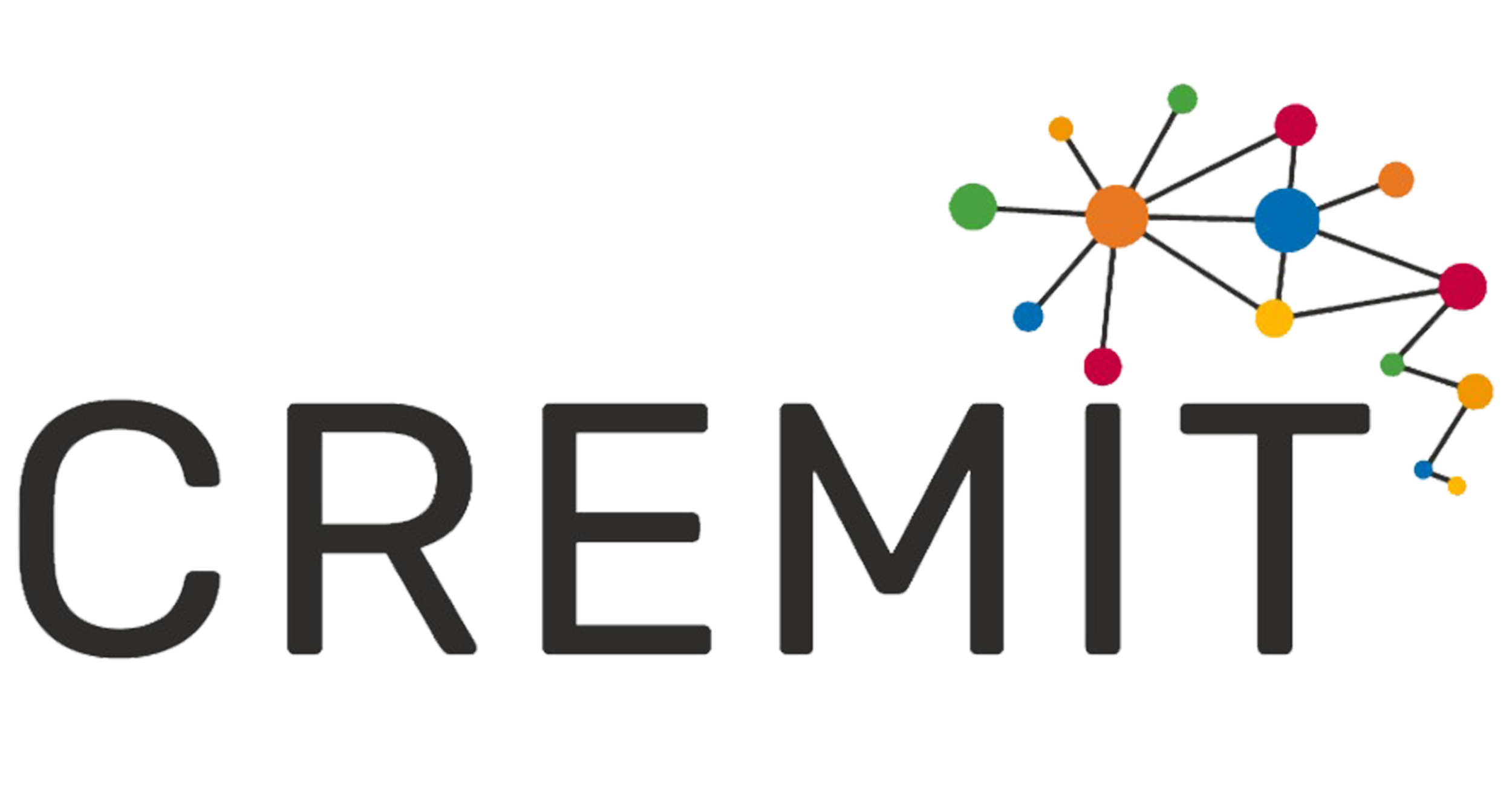
Elisa Farinacci, PhD
(Università di Bologna)
On April 3rd, 2020 the Italian Society of Media Education Research hosted a webinar that gathered scholars around the globe, to discuss the responses of Universities and other educational institutions to the current Covid-19 pandemic. The gradual social distancing and domestic isolation imposed by our governments, have forced employers, public institutions, universities, and schools to come up quickly with alternatives to guarantee a continuation of their activities online. Thus, terms such as ‘smart working,’ ‘remote working,’ ‘webinar,’ ‘video conferencing,’ ‘media education,’ ‘digital divide’ quickly became a mantra. All of a sudden e-Learning and media education have been evoked as the panacea to all problems.
However, as the president of SIREM, Prof. Pier Giuseppe Rossi pointed out in the introduction to the webinar, the current crisis cannot be used as a meter to evaluate the effectiveness of e-Learning techniques and methods. As scholars and teachers involved in the development of a media education culture in educational environments assert, e-Learning is not just a mere delivery of contents online. Online environments must be designed to allow for interactions between students and provide them with feedback and to learn from their mistakes. Online learning necessitates careful planning and to rethink and redesign the activities and methods of transmission of knowledge that teachers are used to adopt in face-to-face classroom environments. One of the concerns that the scholars brought up in their talks touched on the necessity to find appropriate instruments to evaluate the progress and work of the students. This specific aspect introduces a discussion that does not only apply to online learning, but it questions also the evaluating system as a whole, which in turn raises questions on the ways in which knowledge is created and transmitted.
Clearly, such considerations require the appropriate training, preparation, and responsiveness, which brings up a second issue discussed during the webinar: a lack of remote teaching experience. This inexperience has been putting a lot of pressure on teachers, students, and ITs. This emergency found most of us unprepared bringing to light our weaknesses, insecurities and shortcomings. This pandemic shook our certainties to the core and revealed how the digital divide doesn’t exist only in remote and isolated places, but also in our own urban and “technologically advanced” societies. This digital divide also emerged as a common denominator during the webinar, and even more so the cultural divide that the forced use of digital technologies exposed.
The abrupt shift to online teaching and learning did not affect only students and teachers, but it involved also families and administrative staff of many schools, universities, as well as a series of other actors outside the education system. The passage to online learning also forced parents to actively support their children uncovering a generational digital divide. Thus, teachers are asked to attend not only to the needs of the students, but also to their families. They have to be instructors but at the same time ITs , learn how to use new tools for their lessons and teach students and parents how to also use them.
Last but certainly not least, the issue of student care emerged as a matter of concern during the webinar. This pandemic is forcing everyone to modify their habits, their lifestyles and sociability. Continuing working, being productive and achieving objectives should not be the sole preoccupations, neither for students nor for teachers. Students and their families, but also humanity at large, face the stress of survival and wellbeing on top of learning, thus instructors should also prioritize students’ care before accountability, productivity, and grading.
This is just a brief introduction to the topics discussed during the webinar. In the next few months Global Cremit will feature articles from some of the scholars who took part in this conversation. We have asked them to delve deeper into these topics and relate them to their personal experiences.
Links to the articles:
Tlili, Ahmed and Rongxia Zhuang, The Chinese Experience of Maintaining Remote Learning During COVID-19 Pandemic, May 2020.
Ferandez Olaskoaga, Lorea, Spanish Universities During the COVID-19 Crisis, June 2020.
Romero-Hall, Enilda, Reflection on the impact of COVID-19 in Higher Education, July 2020.
Mao, Jin, A Brief Reflection on Online Teaching and Learning Through the Pandemic, August 2020.
Elisa Farinacci is at her second year of a research fellowship in Cinema, Photography and Television at the Department of Arts (DAR) of the University of Bologna. She earned a PhD with double degree in History at the Department of History, Culture and Civilization of the University of Bologna and in Cultural Anthropology at the Hebrew University of Jerusalem. At the Department of the Arts she is working on a project on the circulation and reception of the contemporary Italian audiovisual products in Europe. She is also collaborating with the Research Center on Media Education, Information and Education Technology (CREMIT) of the Catholic University of Milan. At CREMIT she is working on a research project focusing on the use of audiovisual products in educational environments. She is also curator of the international column “Global Cremit: International Perspectives”.

![[GLOBAL CREMIT] “University in the age of Covid-19” a Webinar organized by the Italian Society of Media Education Research (SIREM)](https://www.cremit.it/wp-content/uploads/2020/04/Schermata-2020-04-17-alle-16.26.24.png)






